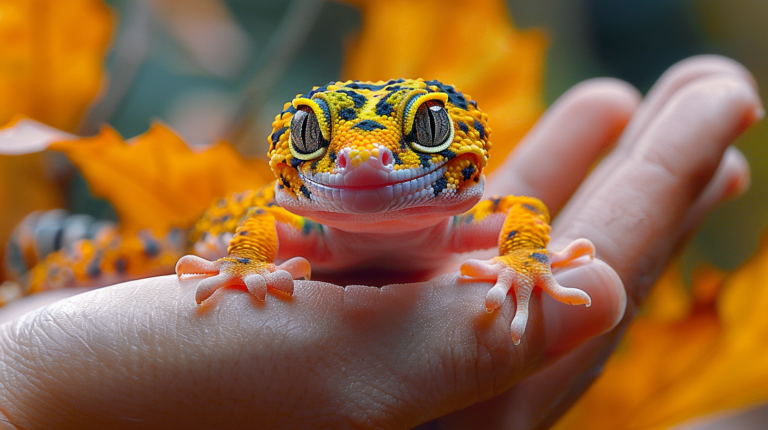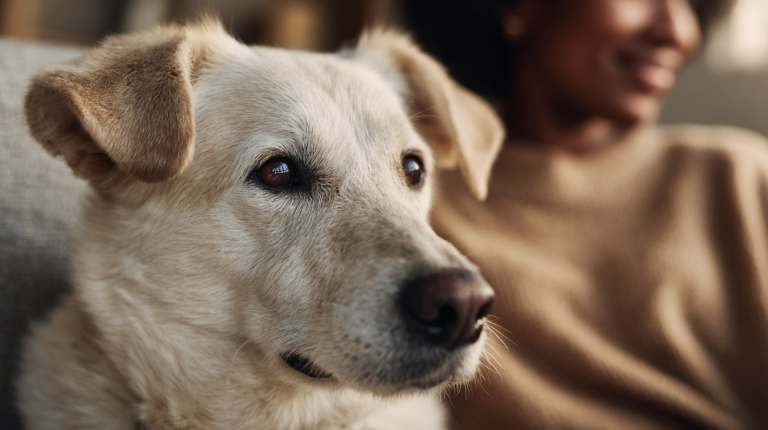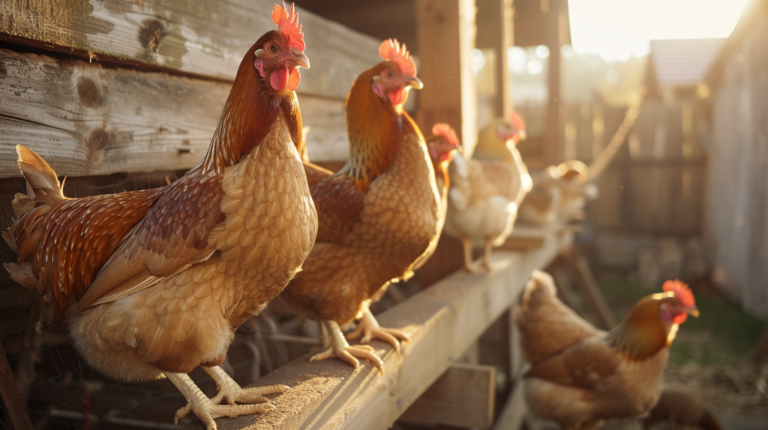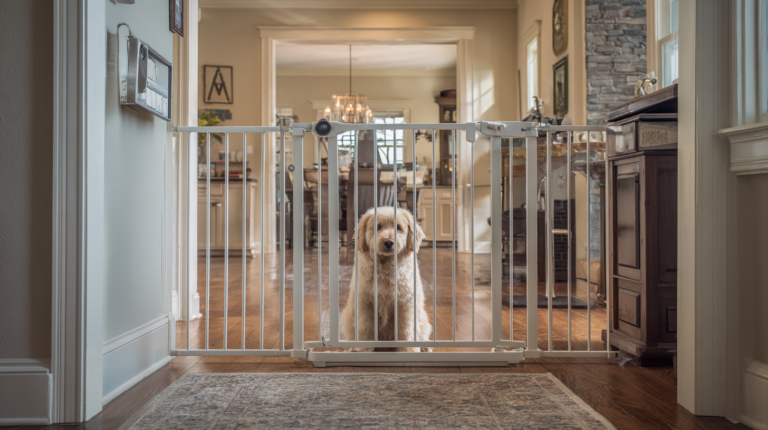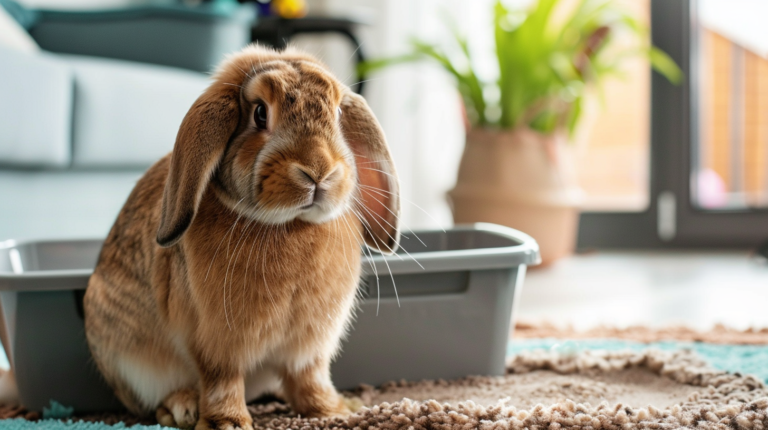Discover 8 safe, homemade dog birthday cake recipes perfect for celebrating your furry friend. Expert tips, ingredients to avoid, and decorating ideas included.
Table of Contents
Every dog deserves to celebrate their special day, and what better way to honor your furry family member than with a delicious, homemade dog birthday cake? While traditional human birthday cakes can be harmful to our canine companions, creating a safe and nutritious celebration treat doesn’t have to be complicated. In fact, making a dog birthday cake at home allows you to control every ingredient, ensuring your pet gets a healthy, tail-wagging dessert that’s both delicious and safe.
According to the American Pet Products Association’s 2023-2024 National Pet Owners Survey, 70% of U.S. households own a pet, with dogs being the most popular choice. As pet humanization continues to grow, more pet parents are celebrating their dogs’ birthdays with the same enthusiasm as human family members. This trend has led to an increased demand for pet-safe celebration foods, making homemade dog birthday cakes an excellent way to show love while maintaining your pet’s health.
Creating the perfect dog birthday cake requires understanding which ingredients are safe for canine consumption and which should be avoided at all costs. This comprehensive guide will walk you through eight delicious, vet-approved recipes that will make your dog’s birthday celebration both memorable and safe.
Understanding Dog-Safe Ingredients vs. Toxic Foods
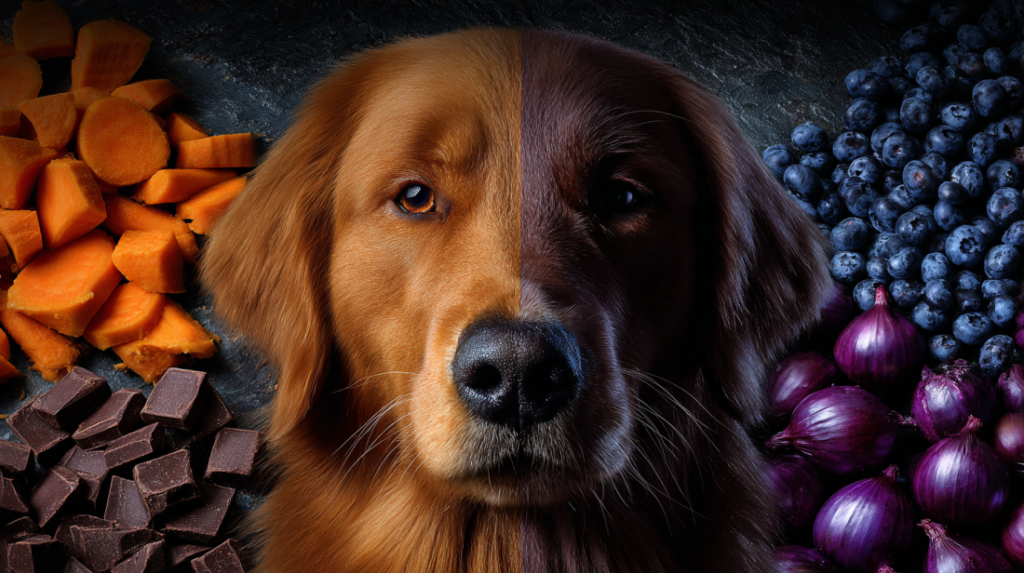
Before diving into our recipes, it’s crucial to understand the difference between dog-safe ingredients and those that can be harmful or even deadly to your furry friend. The ASPCA Animal Poison Control Center reports thousands of cases annually involving dogs consuming toxic foods, many of which are common baking ingredients.
Safe Ingredients for Dog Birthday Cakes
Flour Options:
- Whole wheat flour (in moderation)
- Oat flour
- Rice flour
- Coconut flour
Protein Sources:
- Eggs (fully cooked)
- Plain Greek yogurt (unsweetened)
- Peanut butter (xylitol-free)
- Cottage cheese (low-sodium)
Natural Sweeteners:
- Honey (small amounts)
- Applesauce (unsweetened)
- Mashed banana
- Pumpkin puree
Healthy Additions:
- Carrots (shredded)
- Sweet potatoes
- Blueberries
- Plain oats
Ingredients to Avoid Completely
The following ingredients are toxic to dogs and should never be included in any dog birthday cake recipe:
- Chocolate (contains theobromine, which is toxic to dogs)
- Xylitol (artificial sweetener that can cause hypoglycemia)
- Grapes and raisins (can cause kidney failure)
- Onions and garlic (can damage red blood cells)
- Macadamia nuts (can cause weakness and tremors)
- Regular sugar (can lead to obesity and dental issues)
- Butter (high fat content can cause pancreatitis)
Recipe 1: Classic Peanut Butter Dog Birthday Cake
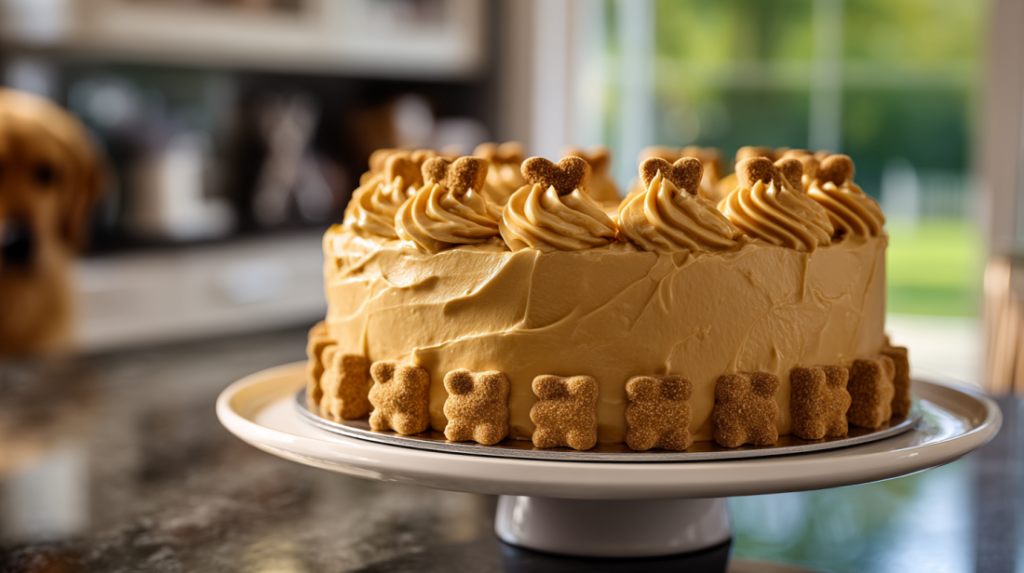
This timeless favorite combines the irresistible taste of peanut butter with dog-safe ingredients for a celebration cake that’s sure to get tails wagging.
Ingredients:
- 1 cup whole wheat flour
- 1 teaspoon baking soda
- 1/4 cup natural peanut butter (xylitol-free)
- 1/4 cup vegetable oil
- 1 cup warm water
- 1 tablespoon honey
Instructions:
- Preheat oven to 350°F (175°C)
- Mix dry ingredients in a large bowl
- Combine wet ingredients separately, then add to dry mixture
- Pour into greased 6-inch round cake pan
- Bake for 40-45 minutes until golden brown
- Cool completely before serving
Serving Size: Perfect for medium to large dogs (cut into appropriate portions for smaller breeds)
Recipe 2: Sweet Potato and Carrot Delight
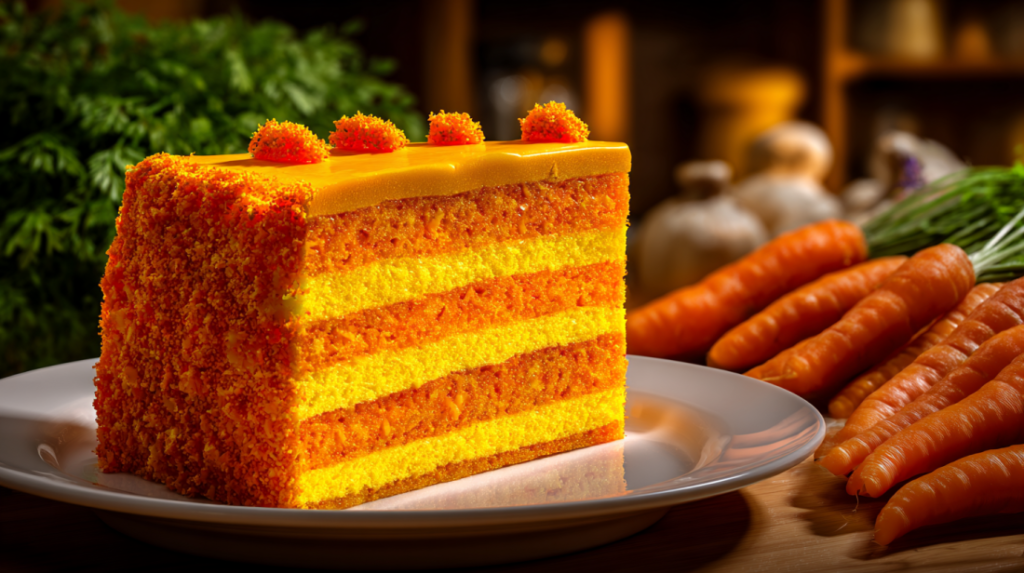
Packed with vitamins A and C, this nutritious dog birthday cake provides health benefits while satisfying your pup’s sweet tooth naturally.
Ingredients:
- 1 cup oat flour
- 1/2 cup mashed sweet potato
- 1/2 cup shredded carrots
- 2 eggs
- 1/4 cup unsweetened applesauce
- 1/2 teaspoon cinnamon (optional)
Instructions:
- Preheat oven to 325°F (163°C)
- Blend sweet potato until smooth
- Mix all ingredients until well combined
- Pour into lined muffin tins for individual cakes
- Bake 25-30 minutes
- Cool before serving
Health Benefits: Sweet potatoes provide beta-carotene, while carrots offer fiber and natural sweetness without added sugars.
Recipe 3: Banana Oat Celebration Cake
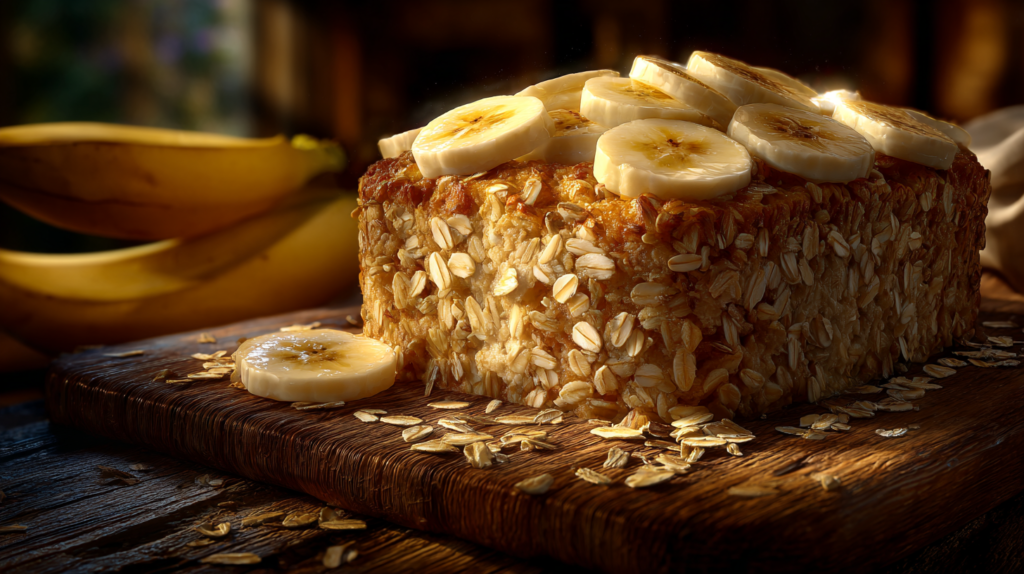
This grain-free option is perfect for dogs with wheat sensitivities while delivering potassium and natural sweetness.
Ingredients:
- 2 ripe bananas, mashed
- 1 1/2 cups ground oats (oat flour)
- 3 eggs
- 1/3 cup coconut oil (melted)
- 1 teaspoon vanilla extract (alcohol-free)
Instructions:
- Preheat oven to 350°F (175°C)
- Mash bananas until smooth
- Combine all ingredients in mixing bowl
- Pour into 8-inch round pan
- Bake 35-40 minutes
- Test with toothpick for doneness
Pro Tip: This recipe works excellently as cupcakes for portion control, especially helpful for smaller dogs or multi-dog households.
Recipe 4: Pumpkin Spice Dog Cake
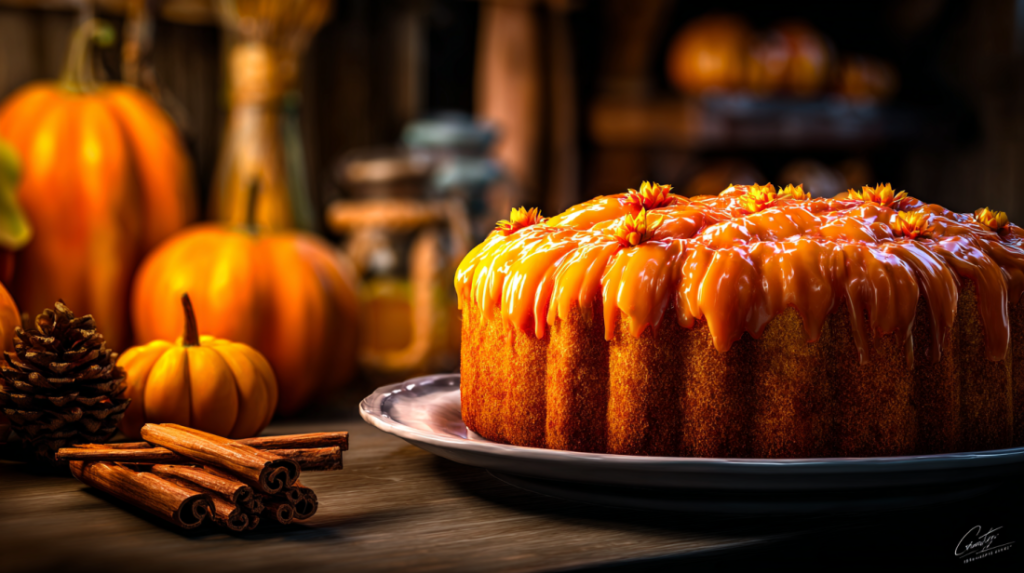
Celebrating fall birthdays? This seasonal favorite provides fiber, vitamins, and a taste dogs absolutely love.
Ingredients:
- 1 cup pumpkin puree (not pie filling)
- 2 cups rice flour
- 2 eggs
- 1/2 cup water
- 1/4 teaspoon ground cinnamon
- 1 tablespoon coconut oil
Instructions:
- Preheat oven to 350°F (175°C)
- Mix wet ingredients thoroughly
- Add dry ingredients gradually
- Pour into greased bundt pan
- Bake 45-50 minutes
- Cool completely before unmolding
Nutritional Note: Pumpkin is excellent for digestive health and provides essential vitamins A, C, and E.
Recipe 5: Blueberry Yogurt Birthday Cake

Antioxidant-rich blueberries combined with probiotic yogurt create a healthy celebration treat that supports immune system health.
Ingredients:
- 1 cup plain Greek yogurt (unsweetened)
- 1 1/2 cups whole wheat flour
- 1/2 cup fresh blueberries
- 2 eggs
- 1/4 cup honey
- 1/2 cup water
Instructions:
- Preheat oven to 325°F (163°C)
- Gently fold blueberries in flour to prevent sinking
- Mix remaining ingredients
- Fold in floured blueberries
- Bake in 9-inch square pan for 35-40 minutes
- Cool before cutting
Health Benefits: Blueberries provide antioxidants while yogurt offers beneficial probiotics for digestive health.
Recipe 6: Meat Lover’s Birthday Cake
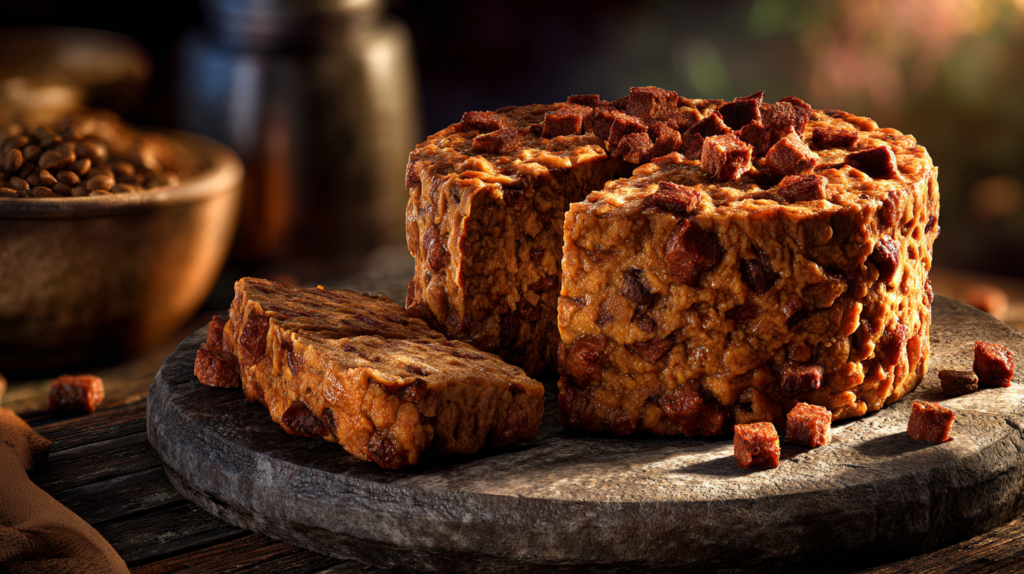
For dogs who prefer savory treats, this protein-packed option satisfies carnivorous cravings while maintaining nutritional balance.
Ingredients:
- 1 cup cooked ground turkey (no seasoning)
- 1 1/2 cups rice flour
- 2 eggs
- 1/2 cup low-sodium chicken broth
- 1/4 cup chopped parsley
- 1 tablespoon olive oil
Instructions:
- Preheat oven to 350°F (175°C)
- Cook and cool ground turkey completely
- Mix all ingredients until well combined
- Press into loaf pan
- Bake 30-35 minutes
- Cool before slicing
Serving Suggestion: This “cake” works wonderfully as a meal replacement for birthday celebrations, providing complete nutrition.
Recipe 7: Apple Cinnamon Pupcake
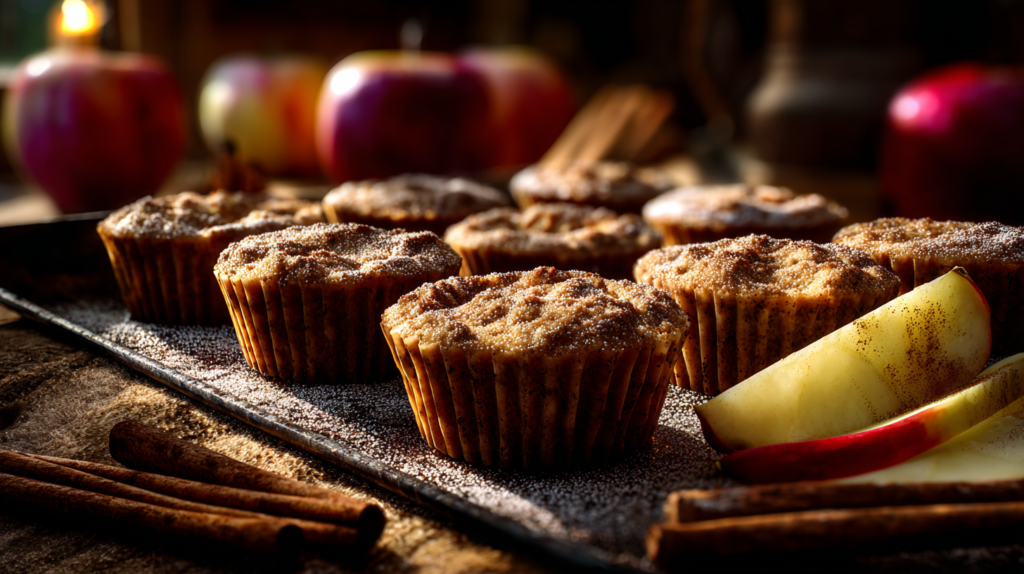
The classic combination of apples and cinnamon creates a comforting flavor that dogs find irresistible.
Ingredients:
- 1 cup unsweetened applesauce
- 1/4 cup coconut oil
- 1 egg
- 1 1/3 cups oat flour
- 1/2 teaspoon cinnamon
- 1/2 teaspoon baking powder
Instructions:
- Preheat oven to 350°F (175°C)
- Combine wet ingredients
- Mix dry ingredients separately
- Combine wet and dry ingredients
- Fill cupcake liners 2/3 full
- Bake 20-25 minutes
Safety Note: Always use fresh apples and remove seeds, which contain cyanide compounds harmful to dogs.
Recipe 8: Coconut Rice Flour Delight
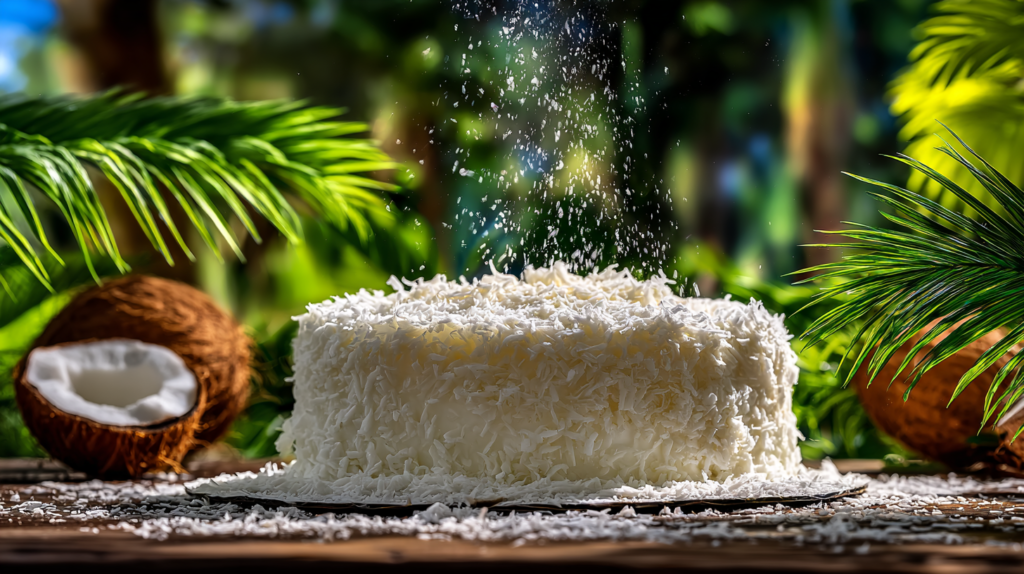
This grain-free, gluten-free option is perfect for dogs with food sensitivities while providing tropical flavors.
Ingredients:
- 2 cups rice flour
- 1/2 cup shredded coconut (unsweetened)
- 1/3 cup coconut oil
- 3 eggs
- 1 cup water
- 1 tablespoon honey
Instructions:
- Preheat oven to 325°F (163°C)
- Mix dry ingredients
- Combine wet ingredients separately
- Gradually add wet to dry ingredients
- Pour into 8-inch round pan
- Bake 40-45 minutes until golden
Allergy-Friendly: This recipe avoids common allergens like wheat and is suitable for dogs with sensitive stomachs.
Dog Birthday Cake Decorating Ideas
Creating visually appealing decorations using dog-safe ingredients adds excitement to your pup’s celebration while maintaining safety standards.
Safe Frosting Options:
Cream Cheese Frosting:
- 4 oz cream cheese (softened)
- 1/4 cup plain Greek yogurt
- 1 tablespoon honey
Peanut Butter Frosting:
- 1/2 cup natural peanut butter
- 1/4 cup coconut oil (softened)
- 2 tablespoons water
Decoration Ideas:
- Fresh fruit garnishes: Blueberries, strawberry slices, banana rounds
- Vegetable decorations: Shredded carrots, small broccoli florets
- Dog-safe “candles”: Carrot sticks, cheese sticks, or small training treats
- Textured designs: Use fork tines to create patterns in frosting
Storage and Serving Guidelines
Proper storage ensures your dog birthday cake remains fresh and safe for consumption over several days.
Storage Recommendations:
| Storage Method | Duration | Temperature |
| Room Temperature | 2-3 days | 70°F or below |
| Refrigerated | 5-7 days | 35-40°F |
| Frozen | 2-3 months | 0°F or below |
Serving Guidelines by Dog Size:
- Small dogs (under 25 lbs): 1-2 inch square piece
- Medium dogs (25-60 lbs): 2-3 inch square piece
- Large dogs (over 60 lbs): 3-4 inch square piece
Important: Always introduce new foods gradually and monitor for any adverse reactions. Even safe ingredients can cause stomach upset if consumed in large quantities.
Signs Your Dog Enjoyed Their Birthday Cake
Understanding your dog’s body language and behavior helps ensure they’re enjoying their special treat safely.
Positive Signs:
- Tail wagging and happy body posture
- Eager anticipation when seeing the cake
- Clean plate after eating
- Normal energy levels post-consumption
- Regular bathroom habits
Warning Signs to Watch For:
- Excessive drooling or panting
- Vomiting or diarrhea
- Lethargy or unusual behavior
- Loss of appetite for regular meals
- Difficulty breathing
If you notice any concerning symptoms, contact your veterinarian immediately. While rare with proper ingredients, individual dogs may have unique sensitivities.
Expert Tips for Perfect Dog Birthday Cakes
Veterinary nutritionist Dr. Sarah Mitchell from the Pet Nutrition Alliance emphasizes the importance of moderation: “While celebrating our dogs’ birthdays with special treats is wonderful for bonding, these cakes should represent no more than 10% of their daily caloric intake.”
Professional Baking Tips:
- Always use room temperature ingredients for better mixing and texture
- Test your oven temperature with a thermometer for accuracy
- Don’t overmix the batter to prevent tough, dense cakes
- Cool completely before frosting to prevent melting
- Taste test ingredients before adding (minus raw eggs) to ensure freshness
Budget-Friendly Alternatives:
- Use seasonal fruits and vegetables for cost savings
- Buy ingredients in bulk when possible
- Make multiple smaller cakes and freeze portions
- Substitute expensive ingredients with equally nutritious alternatives
Frequently Asked Questions
Can I use regular cake mix for my dog’s birthday cake?
No, regular cake mixes contain ingredients that are harmful to dogs, including chocolate, artificial sweeteners (like xylitol), and excessive sugar. Always use dog-specific recipes with safe ingredients to ensure your pet’s health and safety.
How often can I give my dog birthday cake?
Dog birthday cake should be considered an occasional treat, not a regular food item. Veterinarians recommend limiting special treats to no more than 10% of your dog’s daily caloric intake. For most dogs, this means birthday cake should be reserved for actual special occasions.
What should I do if my dog has food allergies?
If your dog has known food allergies, carefully review all recipe ingredients and substitute problematic items with safe alternatives. For example, use rice flour instead of wheat flour for grain-sensitive dogs, or coconut oil instead of other oils for dogs with specific fat sensitivities. Always consult your veterinarian before introducing new ingredients.
Can puppies eat dog birthday cake?
Puppies can enjoy dog birthday cake in very small portions, but their developing digestive systems are more sensitive than adult dogs. Use simple recipes with minimal ingredients and offer tiny portions. Puppies under 12 weeks should stick to their regular puppy food and mother’s milk or formula.
How can I make a sugar-free dog birthday cake?
All the recipes provided in this article are naturally sugar-free, using ingredients like applesauce, banana, honey, and pumpkin for sweetness. These natural alternatives provide flavor without the health risks associated with refined sugar, which can lead to obesity, dental problems, and diabetes in dogs.
What’s the best way to celebrate multiple dogs’ birthdays?
When celebrating multiple dogs, consider making individual cupcakes rather than one large cake for easier portion control. You can also create a “cake bar” with different flavored small cakes, allowing each dog to have their preference while maintaining appropriate serving sizes.
For more expert pet care tips and product recommendations, visit BlithePet.com — your trusted source for pet wellness.
Conclusion
Creating a homemade dog birthday cake is one of the most heartfelt ways to celebrate your furry family member’s special day. These eight safe, nutritious recipes provide options for every taste preference and dietary requirement, ensuring your dog can enjoy a delicious celebration treat without compromising their health.
Remember that the key to successful dog birthday cake baking lies in understanding which ingredients are safe for canine consumption and maintaining appropriate portion sizes. By avoiding toxic ingredients like chocolate, xylitol, and grapes while embracing dog-friendly alternatives like peanut butter, pumpkin, and oat flour, you can create memorable celebrations that strengthen the bond with your beloved pet.
Whether you choose the classic peanut butter cake, the nutritious sweet potato option, or the savory meat lover’s version, your dog will appreciate the time, love, and effort you put into making their birthday special. These homemade treats not only provide a safer alternative to store-bought options but also allow you to control every ingredient, ensuring the highest quality nutrition for your four-legged family member.
Have a similar experience with your pet? Share it in the comments below!


